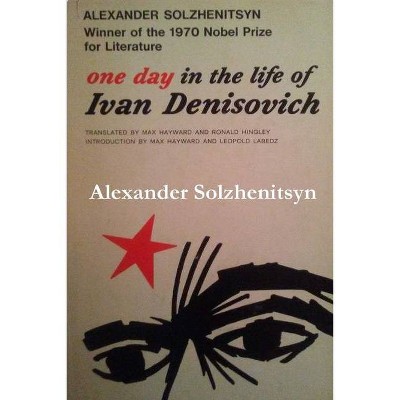Cancer Ward - (FSG Classics) by Aleksandr Solzhenitsyn (Paperback)
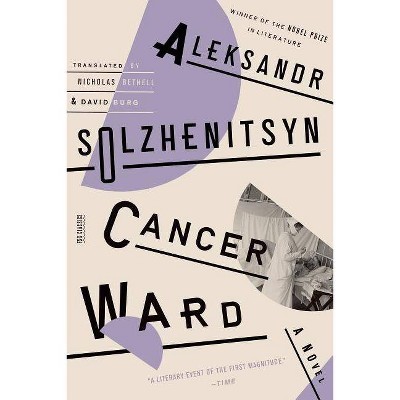
Similar Products
Products of same category from the store
AllProduct info
<p/><br></br><p><b> About the Book </b></p></br></br>The Russian Nobelist's semiautobiographical novel set in a Soviet cancer ward shortly after Stalin's death One of the great allegorical masterpieces of world literature, Aleksandr Solzhenitsyn's "Cancer Ward" is both a deeply compassionate study of people facing terminal illness and a brilliant dissection of the cancerous Soviet police state."Cancer Ward," which has been compared to the masterpiece of another Nobel Prize winner, "The Magic Mountain "by Thomas Mann, examines the relationship of a group of people in the cancer ward of a provincial Soviet hospital in 1955, two years after Stalin's death.<p/><br></br><p><b> Book Synopsis </b></p></br></br><p><b>The Russian Nobelist's semiautobiographical novel set in a Soviet cancer ward shortly after Stalin's death</b> <p/>One of the great allegorical masterpieces of world literature, Aleksandr Solzhenitsyn's <i>Cancer Ward</i> is both a deeply compassionate study of people facing terminal illness and a brilliant dissection of the cancerous Soviet police state.<br><i><br>Cancer Ward</i>, which has been compared to the masterpiece of another Nobel Prize winner, <i>The Magic Mountain </i>by Thomas Mann, examines the relationship of a group of people in the cancer ward of a provincial Soviet hospital in 1955, two years after Stalin's death. While the experiences of the central character, Oleg Kostoglotov, closely reflect the author's own--Solzhenitsyn became a patient in a cancer ward in the mid-1950s, on his release from a labor camp, and later recovered--the patients, as a group, represent a remarkable cross section of contemporary Russian characters and attitudes, both under normal circumstances and then reexamined at the eleventh hour of illness. A seminal work from one of the most powerful voices in twentieth century literature, <i>Cancer Ward </i>offers an extraordinary portrait of life in the Soviet Union.</p><p/><br></br><p><b> Review Quotes </b></p></br></br><br><p>"A literary event of the first magnitude." --<i>Time</i> <p/>"The most moving of Solzhenitsyn's novels." --<i>Clifton Fadiman</i></p><br><p/><br></br><p><b> About the Author </b></p></br></br><b>Aleksandr Solzhenitsyn</b> (1918-2008) won the 1970 Nobel Prize in Literature. In February 1945, while he was captain of a reconnaissance battery of the Soviet Army, he was arrested and sentenced to an eight-year term in a labor camp and permanent internal exile, which was cut short by Khrushchev's reforms, allowing him to return from Kazakhstan to Central Russia in 1956. Although permitted to publish <i>One Day in the Life of Ivan Denisovich</i> in 1962--which remained his only full-length work to have appeared in his homeland until 1990--Solzhenitsyn was by 1969 expelled from the Writers' Union. The publication in the West of his other novels and, in particular, of <i>The Gulag Archipelago</i>, brought retaliation from the authorities. In 1974, Solzhenitsyn was arrested, stripped of his Soviet citizenship, and forcibly flown to Frankfurt. Solzhenitsyn and his wife and children moved to the United States in 1976. In September 1991, the Soviet government dismissed treason charges against him; Solzhenitsyn returned to Russia in 1994.
Price History
Price Archive shows prices from various stores, lets you see history and find the cheapest. There is no actual sale on the website. For all support, inquiry and suggestion messages communication@pricearchive.us
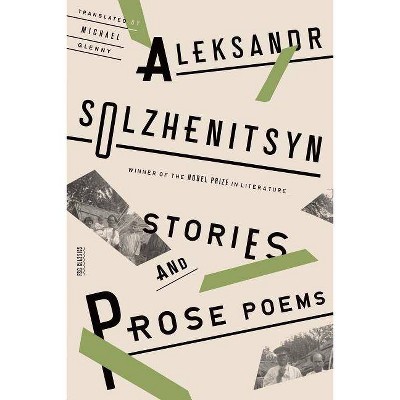
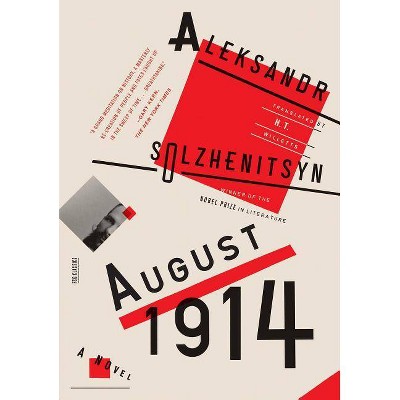
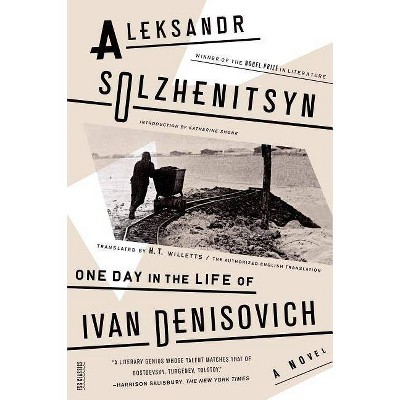
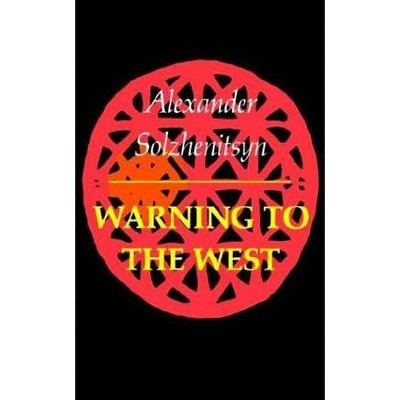
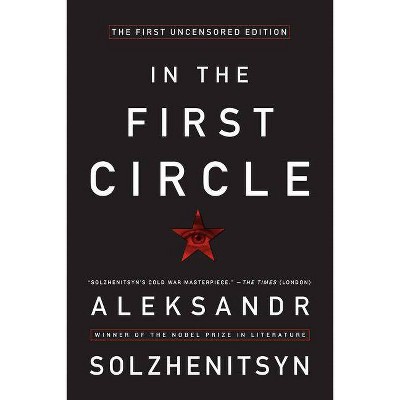
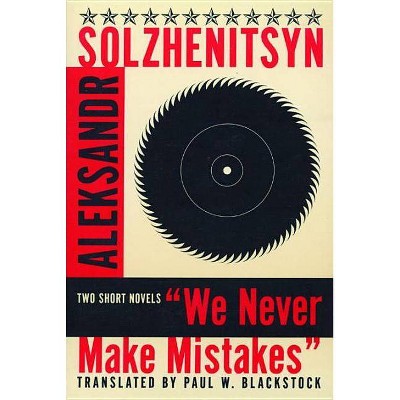
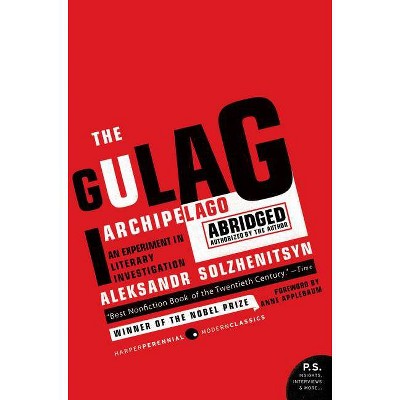
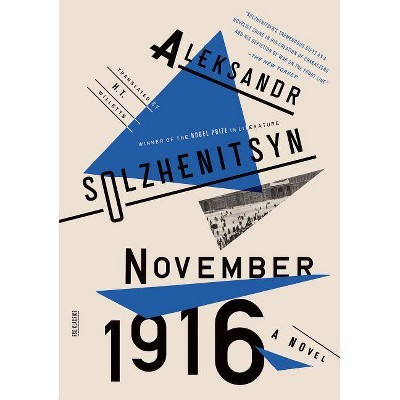
![The Gulag Archipelago [Volume 2] - (P.S.) by Aleksandr I Solzhenitsyn (Paperback)](https://target.scene7.com/is/image/Target/GUEST_83b3e4fa-75e1-40af-bdbc-1ebf69a42995)
